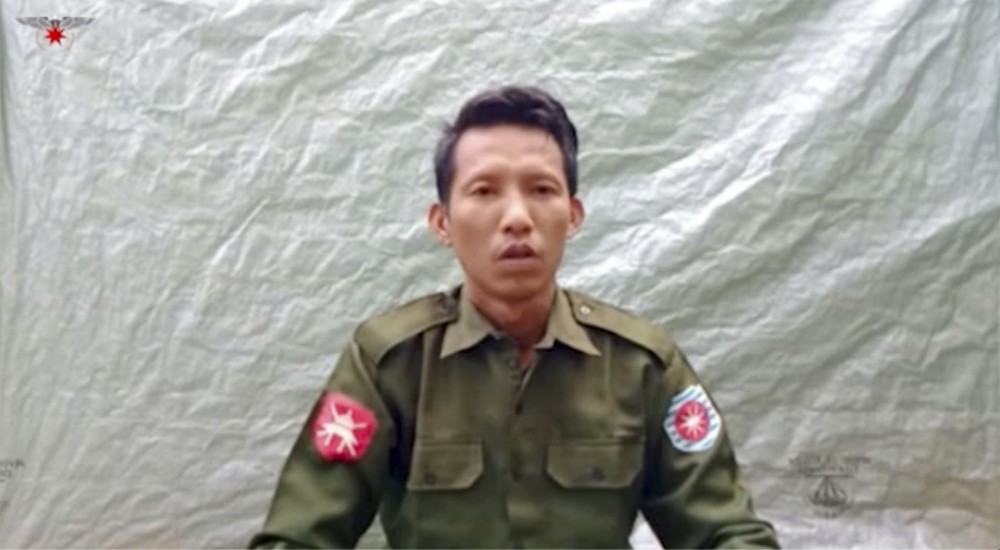Myanmar army deserters confirm atrocities against Rohingya Muslims

Two soldiers who deserted from Myanmar’s army have testified on video that they were instructed by commanding officers to “shoot all that you see and that you hear” in villages where minority Rohingya Muslims lived, a human rights group said on September 8.
The comments appear to be the first public confession by soldiers of involvement in army-directed massacres, rape, and other crimes against Rohingya in the Buddhist-majority country, and the group Fortify Rights suggested they could provide important evidence for an ongoing investigation by the International Criminal Court.
More than 700,000 Rohingya have fled Myanmar to neighboring Bangladesh since August 2017 to escape what Myanmar’s military called a clearance campaign following an attack by a Rohingya insurgent group in Rakhine State. Myanmar’s government has denied accusations that security forces committed mass rapes and killings and burned thousands of homes.





